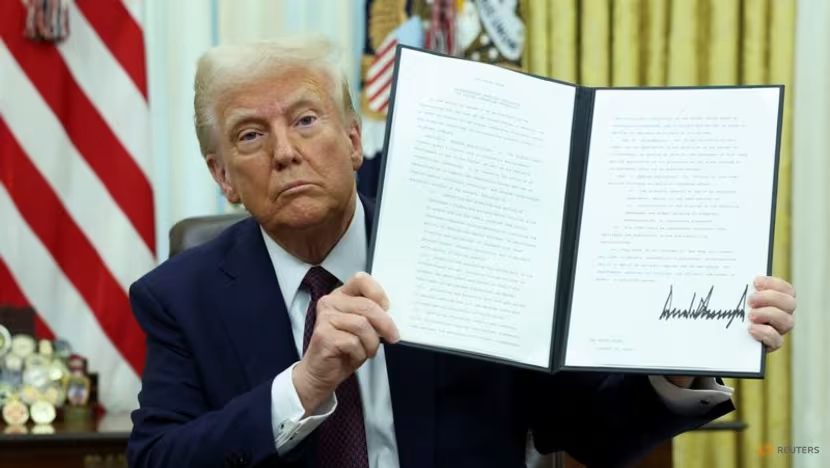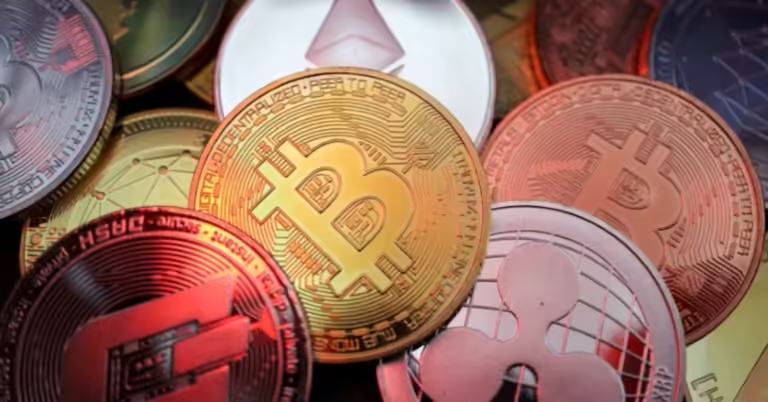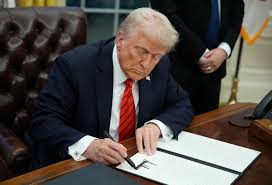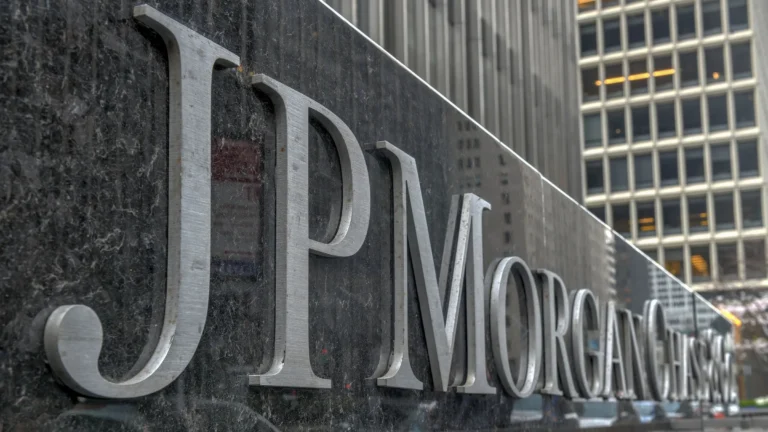Hook: Imagine the U.S. government becoming a crypto whale, stockpiling Bitcoin and other digital assets. Sounds wild, right? Well, Trump’s latest executive order hints at just that—but there’s more to the story than meets the eye.
The Idea Behind the Article:
President Donald Trump recently issued an executive order titled “Strengthening American Leadership in Digital Financial Technology.” This order has stirred debates about whether the U.S. should create a “crypto stockpile” or a “crypto reserve.” These terms sound similar but have very different meanings—and the implications could reshape the future of digital assets in the U.S.
Key Terms to Remember:
- Crypto Stockpile: Refers to the government holding onto cryptocurrencies it seizes through law enforcement.
- Crypto Reserve: Involves the government actively buying cryptocurrencies like Bitcoin, possibly using U.S. Treasuries or other assets, which would require approval from Congress.
What’s Happening?
Trump’s executive order focuses on:
- Creating a Working Group: This group will develop a federal regulatory framework for digital financial technology.
- Banning Central Bank Digital Currency (CBDC): The administration opposes the idea of a U.S. government-issued digital currency.
- Evaluating a Digital Asset Stockpile: The idea is to explore whether the government should hold onto seized crypto assets.
Here’s where things get interesting: During his campaign, Trump promised to create a “strategic Bitcoin stockpile.” Meanwhile, states like Texas and Oklahoma have been pushing for something called a “strategic Bitcoin reserve.” The distinction between these two approaches could shape how the U.S. interacts with cryptocurrencies in the future.
Why It’s Important:
- Control Over Crypto: If the U.S. builds a crypto stockpile, it could tighten its grip on digital assets, potentially using them for strategic or economic purposes.
- Impact on Prices: Actively buying crypto for a reserve could drive up prices, making it more expensive for everyone else. On the other hand, a stockpile (holding seized assets) wouldn’t directly affect the market.
- Legitimizing Crypto: A government-held reserve or stockpile could signal that digital assets are becoming a legitimate part of the financial system, boosting public trust and adoption.
- Global Power Play: The U.S. is worried about losing its status as the world’s financial leader, especially if other countries start favoring Bitcoin over the U.S. dollar.
The Big Questions:
- What Crypto Will the U.S. Choose? The government already holds over $21 billion in cryptocurrencies, including Bitcoin, USDT, and UNI. But will they start adding assets like XRP or SOL? No one knows yet.
- Stockpile or Reserve? A stockpile is easier since it just involves holding onto seized assets. A reserve, on the other hand, would require Congressional approval and careful planning to avoid market disruption.
- What’s the Purpose? Whether to offset national debt, stabilize the economy, or gain leverage in global finance, the exact goal of this initiative remains unclear.
Why This Matters for You:
This article is a glimpse into how governments are beginning to take crypto seriously—not just as an asset class but as a tool of economic power. For someone diving into cryptocurrency, understanding these developments gives you a strategic edge. It shows how policy decisions could impact prices, adoption, and the future of decentralized finance.
Steps to Build Your Knowledge:
- Follow Government Policies: Keep an eye on executive orders and legislative proposals related to cryptocurrency.
- Understand Market Dynamics: Learn how large-scale purchases or seizures of crypto assets can influence market prices.
- Explore State-Level Efforts: Research what states like Texas and Oklahoma are doing with Bitcoin reserves.
- Study Global Trends: Compare the U.S. approach to how other countries are integrating crypto into their financial systems.
The Takeaway:
This isn’t just about Trump or a single executive order—it’s about how the U.S. positions itself in a rapidly evolving financial world. Whether through a stockpile or a reserve, the government’s actions could set the stage for how crypto shapes the global economy in the years to come. If you’re serious about cryptocurrency, now’s the time to pay attention.



